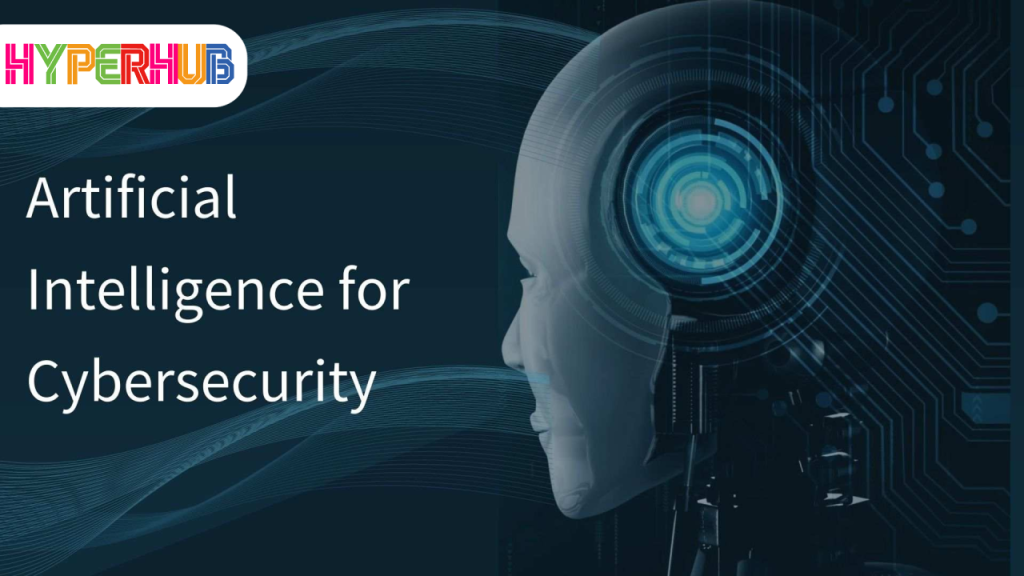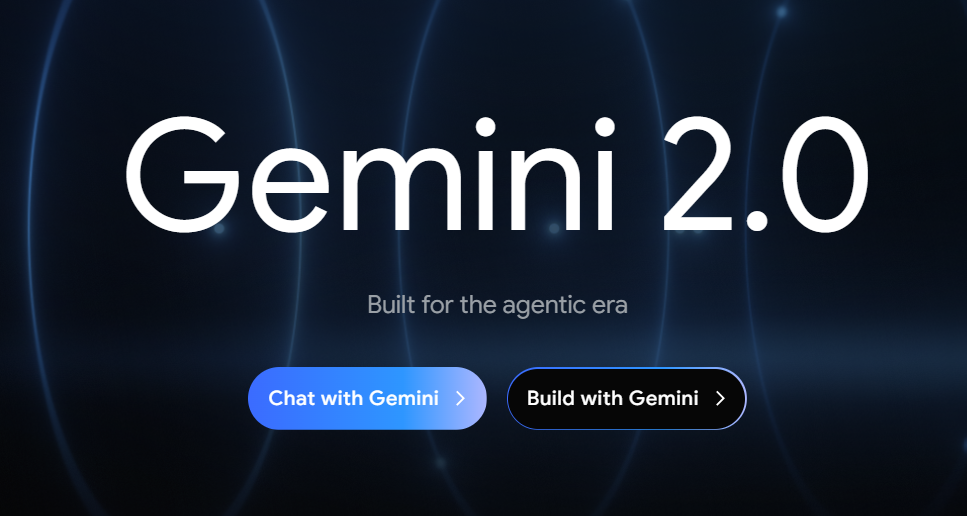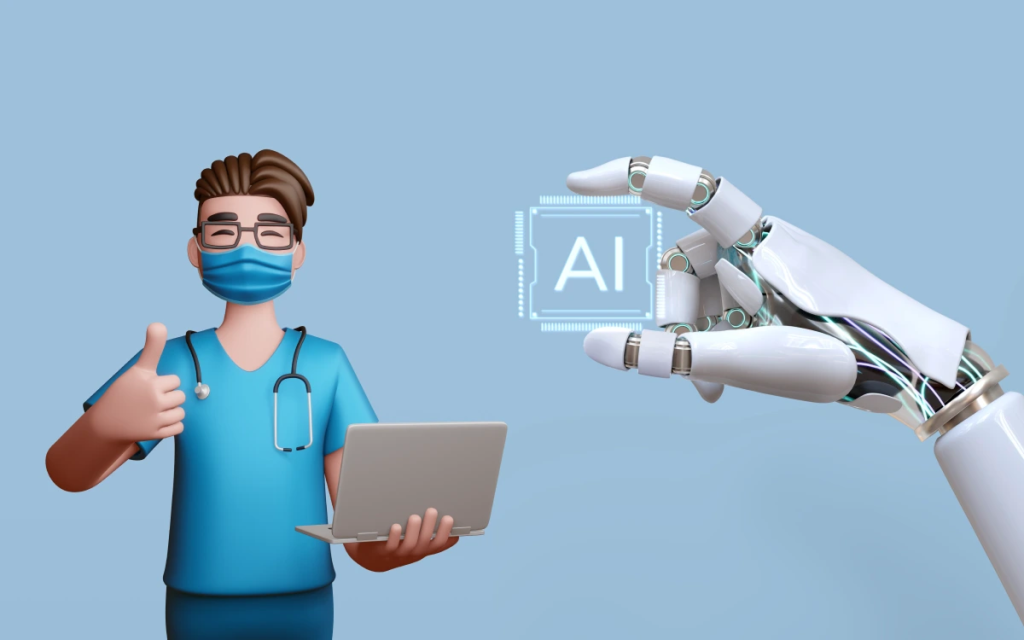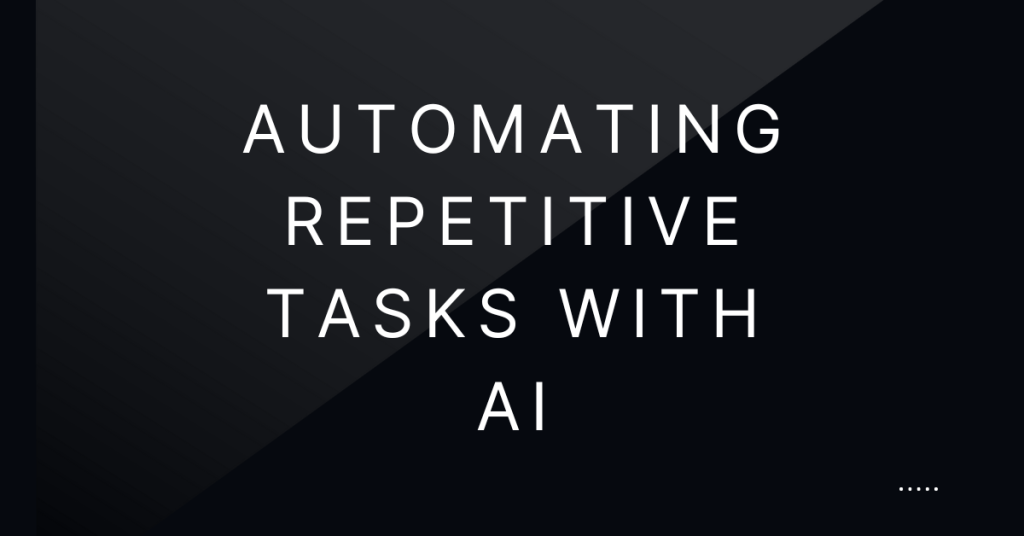Transforming Security: How AI is Revolutionizing Cybersecurity Practices
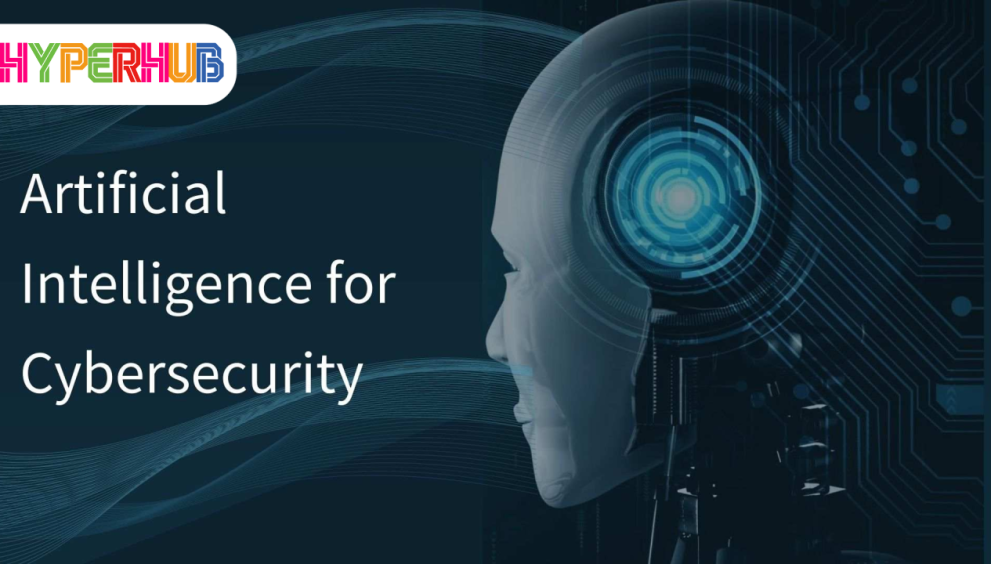
At an unprecedented rate, cybersecurity threats are causing traditional security measures to become ineffective. The more advanced cybercriminals become, the more artificial intelligence is becoming the disruptor for cybersecurity. AI solutions enhance the enhancement of threat detection, the automation of responses, and the strengthening of defenses against cyberattacks. But in what ways will AI change the field of cybersecurity? Let’s go into the details.

1. AI-Powered Threat Detection and Prevention
Just as the most remarkable hallmark an attribute of AI to cybersecurity is its incredibly fast and accurate detection of threats as opposed to the conventional means; the systems evaluate myriad data in real-time, spotting patterns indicative of possible threats.
How AI Improves Threat Detection
- Machine learning algorithms: AI has continuous learning from earlier attacks and the enhancement of the capability of identifying any new threats.
- Behavioral Analysis: AI monitors uses and network behaviors to identify any anomalies that may indicate a possible attack.
- Predictive Analytics- AI can predict and eventually prevent possible threats before they occur.
Benefits
Faster threat identification Reduction in false positives Better defense against evolving cyber threats
2. Responding to Cybersecurity Automatically
AI does not just detect dangers; it also automates responses, hence further reducing the time it takes to neutralize an attack.
How AI Automates Reactions
- AI-Driven Security Orchestration: Automates the investigation and mitigation of threats.
- Automated Patch Management: Real-time AI identification and deployment of security patches for vulnerability.
- Incident Response Automation: Helps AI in containing cyber threats before inflicting any damage.
Benefits
- Faster response time to cyberattacks-takes minutes or seconds to develop defenses or reactive measures
- Reduced costs due to minimal human effort in security management
- Minimizes potential data breaches.
3. Endpoint Security
With an increasing amount of remote work and more IoT devices in use, securing endpoints is more necessary than ever. AI, of course, is a great engine for protecting endpoints from cyber threats.
How AI Enhances Endpoint Security:
- AI-Powered Antivirus Solutions: These not only detect but also eliminate malware faster than other traditional antivirus packages.
- Zero-Trust Security Models: AI helps in the verification of identity and restricts access in order to minimize risk.
- Adaptive Authentication: It uses AI to analyze login patterns and flags any suspicious activity.
Benefits
- Improved malware and ransomware infection protection
- Robust security for teleworkers With limited access and risk, fewer unauthorized accesses are most probable.
4. AI-based techniques-now in Detection and Prevention of Fraud.
AI is redefining fraud detection, by identifying transactions and behaviors that even the most sophisticated systems would fail to identify.
How AI Can Detect a Fraud
- Real-Time Transaction Monitoring: Scanning unusual patterns of financial transactions by AI.
- Biometric Authentication: Whether verifications are by facial recognition, voice analysis, or fingerprint scanning.
- AI-Powered Risk Scoring: It quantifies a possible prediction regarding illegal activity based on behavioral evidence.
Advantages
- Stronger fraud prevention in banking and e-commerce
- Reduced financial losses from cyber fraud
- Rapid fraud detection with reduced human input
5. AI and Phishing Attack Prevention
Phishing attacks are among the most common cyber threats. Now, AI is empowering organizations to detect and deter phishing attacks more effectively.
How AI Prevents Phishing Attacks
- Scans & Filters Email: Suspicious emails sensed by AI block the phishing attempt.
- URL Analysis: Checks the website links using AI in order to prevent reaching the malicious site.
- AI Chatbots for Security Awareness: Makes individuals aware of how to identify phishing attempts.
Advantages
Increased protection from phishing conance. Reduced risk of employees falling victim to deceiving emails, Better cybersecurity awareness among users
6.Artificial Intelligence (AI) in Identity Access Management (IAM)
AI is drastically improving the verification of identity and sometimes access has really made it smoother.
Functions of AI in the IAM
- AI-Powered MFA: This is just another word for using AI to analyze risk and provide access as per its level.
- Behavioral Authentication: Looks at the user’s typing pattern, mouse movement, and various behavior for identification purposes.
- AI-Powered Identity Analytics: Highlights suspicious login attempts and attempts unauthorized access.
Benefits
Enhanced identity protection; reduced risk of unauthorized access; increased security without interrupting user experience.
7. AI and Cloud Security
With businesses migrating more of their workload to the cloud, AI’s importance in securing the cloud environments cannot be overstated.
How AI Improves Cloud Security
- Anomaly detection: Monitors cloud activity and raises an alert for suspicious behavior.
- Automated enforcement of security policies: Ensures security standards compliance.
- Encryption: Enforced in the storage of data in the cloud.
Benefits
Increased cloud data security Reduced risk of cyber threats to cloud applications Improved compliance to security standards
8. Challenges and Limitations of AI in Cybersecurity
And above all, AI is reputable technology, however, this will not imply its absence of challenges.
Abstract Key Challenges
Rely on the advective AI: Hackers show their concealed talents using Artificially Intelligent technology to create heavily improved cyber threats.
Costly Implementation: Havoc Security Solutions are generally very expensive for most small-scale businesses.
False Positive Results: At times, the AI systems misidentified safe activities as threats.
However, even in the face of the above challenges, the benefits of AI in cybersecurity are enormous and completely outweigh the limitations.
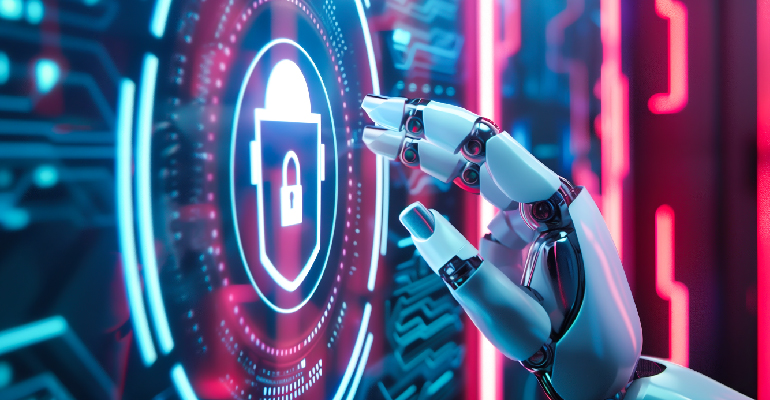
Final Messages: The AI Would Be the Future of Cybersecurity
AI is changing cybersecurity, making it faster, smarter, and even more efficient for detection and response regarding threats, through time. As cyber criminals continue to heighten sophistication in Hannah Janet’s article, so will the evolving nature of the result.
Main points:
- Threat detection and response are accelerated with the help of AI.
- Automated cybersecurity is featured to reduce human error and boost overall efficiency.
- AI-embedded fraud prevention and identity verification have made transactions using digital sources securer.
The backbone of security in the future would comprise Artificial Intelligence. Of course, more or less all organizations using AIs for security would be better in their preparedness against ever-evolving threats from the cyber world in terms of security to their systems, data, and users. You can begin using AI in your cybersecurity now if you have not been doing it already.

 English
English 














